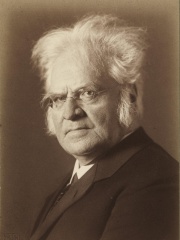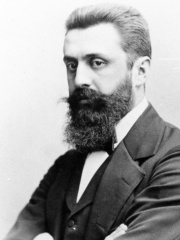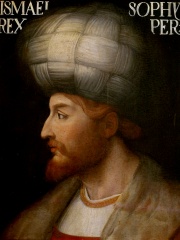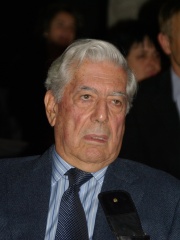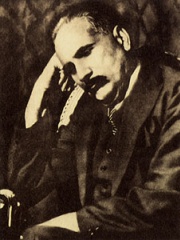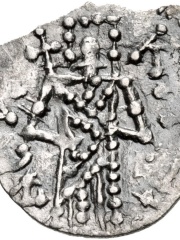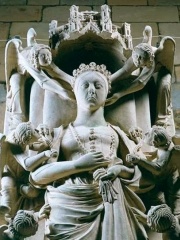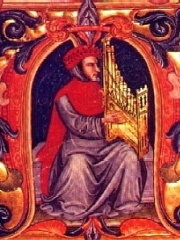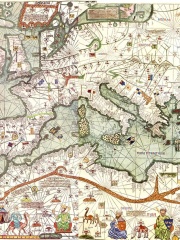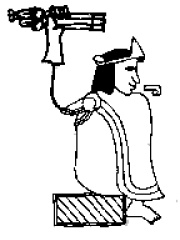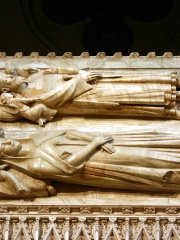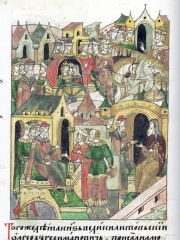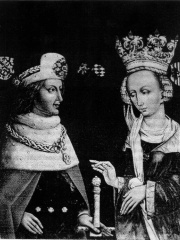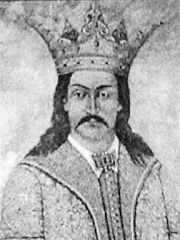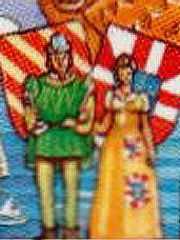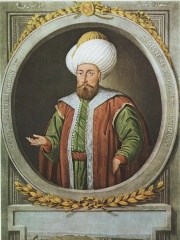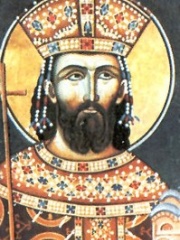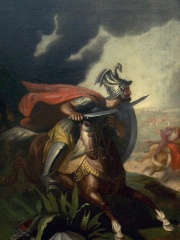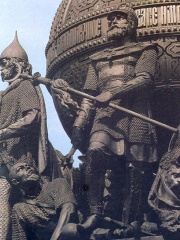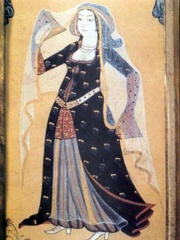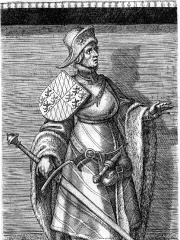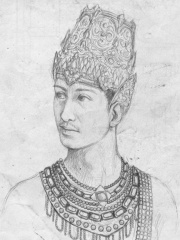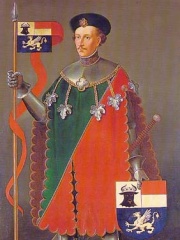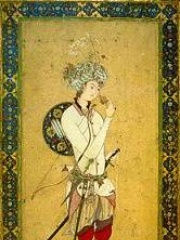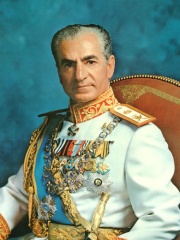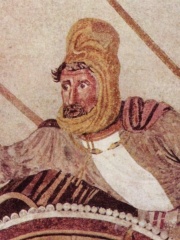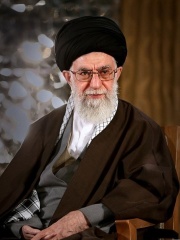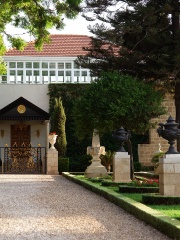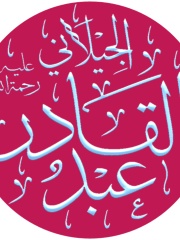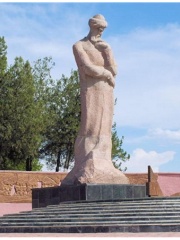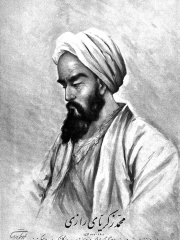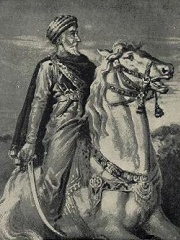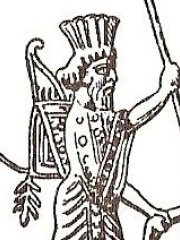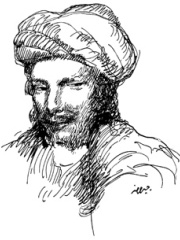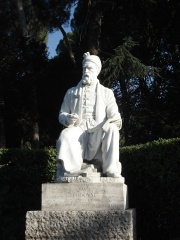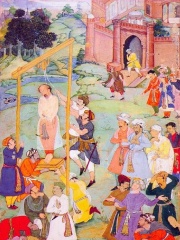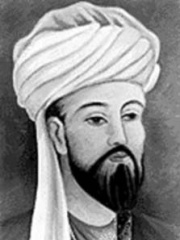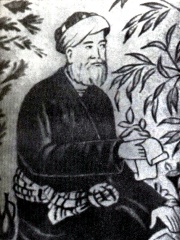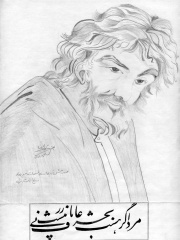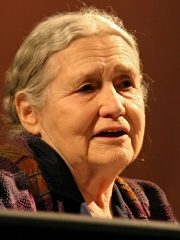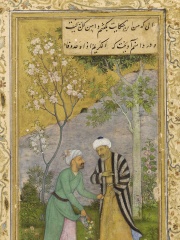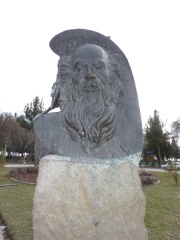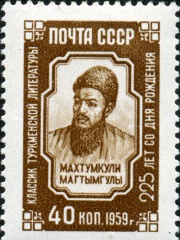Writer
Hafez
1325 - 1389
EN.WIKIPEDIA PAGE VIEWS (PV)
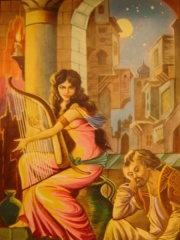
 Hafez
Hafez
His biography is available in 131 different languages on Wikipedia (up from 120 in 2024). Hafez is the 118th most popular writer (up from 133rd in 2024), the 15th most popular biography from Iran (up from 17th in 2019) and the 2nd most popular Iranian Writer.
Hafez is most famous for his poetry. He is the most read poet in Iran and Afghanistan.
Memorability Metrics
Page views of Hafez by language
Among Writers
Among writers, Hafez ranks 118 out of 7,302. Before him are José Saramago, Václav Havel, Anatole France, Bjørnstjerne Bjørnson, André Gide, and Theodor Herzl. After him are Rainer Maria Rilke, Ismail I, Mario Vargas Llosa, Federico García Lorca, Muhammad Iqbal, and Ivo Andrić.
Most Popular Writers in Wikipedia
Go to all RankingsJosé Saramago
1922 - 2010
HPI: 81.32
Rank: 112
Václav Havel
1936 - 2011
HPI: 81.32
Rank: 113
Anatole France
1844 - 1924
HPI: 81.25
Rank: 114
Bjørnstjerne Bjørnson
1832 - 1910
HPI: 81.19
Rank: 115
André Gide
1869 - 1951
HPI: 81.05
Rank: 116
Theodor Herzl
1860 - 1904
HPI: 81.04
Rank: 117
Hafez
1325 - 1389
HPI: 80.96
Rank: 118
Rainer Maria Rilke
1875 - 1926
HPI: 80.94
Rank: 119
Ismail I
1487 - 1524
HPI: 80.93
Rank: 120
Mario Vargas Llosa
1936 - 2025
HPI: 80.93
Rank: 121
Federico García Lorca
1898 - 1936
HPI: 80.92
Rank: 122
Muhammad Iqbal
1877 - 1938
HPI: 80.65
Rank: 123
Ivo Andrić
1892 - 1975
HPI: 80.64
Rank: 124
Contemporaries
Among people born in 1325, Hafez ranks 1. After him are Matthew Kantakouzenos, Inês de Castro, Francesco Landini, Abraham Cresques, Acamapichtli, Eleanor of Sicily, Uliana of Tver, Rupert II, Elector Palatine, Vladislav I of Wallachia, and Rainier II, Lord of Monaco. Among people deceased in 1389, Hafez ranks 2. Before him is Murad I. After him are Pope Urban VI, Lazar of Serbia, Miloš Obilić, Dmitry Donskoy, U of Goryeo, Gülçiçek Hatun, Chang of Goryeo, William I, Duke of Bavaria, Hayam Wuruk, and Albert IV, Duke of Mecklenburg.
Others Born in 1325
Go to all RankingsHafez
WRITER
1325 - 1389
HPI: 80.96
Rank: 1
Matthew Kantakouzenos
POLITICIAN
1325 - 1383
HPI: 72.73
Rank: 2
Inês de Castro
COMPANION
1325 - 1355
HPI: 71.31
Rank: 3
Francesco Landini
COMPOSER
1325 - 1397
HPI: 68.19
Rank: 4
Abraham Cresques
GEOGRAPHER
1325 - 1387
HPI: 65.94
Rank: 5
Acamapichtli
POLITICIAN
1325 - 1395
HPI: 65.54
Rank: 6
Eleanor of Sicily
COMPANION
1325 - 1375
HPI: 64.95
Rank: 7
Uliana of Tver
POLITICIAN
1325 - 1391
HPI: 64.48
Rank: 8
Rupert II, Elector Palatine
NOBLEMAN
1325 - 1398
HPI: 63.73
Rank: 9
Vladislav I of Wallachia
POLITICIAN
1325 - 1377
HPI: 62.71
Rank: 10
Rainier II, Lord of Monaco
NOBLEMAN
1325 - 1407
HPI: 61.29
Rank: 11
Others Deceased in 1389
Go to all RankingsMurad I
POLITICIAN
1326 - 1389
HPI: 83.53
Rank: 1
Hafez
WRITER
1325 - 1389
HPI: 80.96
Rank: 2
Pope Urban VI
RELIGIOUS FIGURE
1318 - 1389
HPI: 78.96
Rank: 3
Lazar of Serbia
POLITICIAN
1329 - 1389
HPI: 75.99
Rank: 4
Miloš Obilić
MILITARY PERSONNEL
1350 - 1389
HPI: 74.29
Rank: 5
Dmitry Donskoy
NOBLEMAN
1350 - 1389
HPI: 73.46
Rank: 6
U of Goryeo
POLITICIAN
1365 - 1389
HPI: 68.69
Rank: 7
Gülçiçek Hatun
POLITICIAN
1355 - 1389
HPI: 67.88
Rank: 8
Chang of Goryeo
POLITICIAN
1381 - 1389
HPI: 65.69
Rank: 9
William I, Duke of Bavaria
1330 - 1389
HPI: 65.51
Rank: 10
Hayam Wuruk
POLITICIAN
1334 - 1389
HPI: 62.88
Rank: 11
Albert IV, Duke of Mecklenburg
POLITICIAN
1363 - 1389
HPI: 60.32
Rank: 12
In Iran
Among people born in Iran, Hafez ranks 15 out of NaN. Before him are Harun al-Rashid (766), Mohammad Reza Pahlavi (1919), Darius III (-380), Ali Khamenei (1939), Bahá'u'lláh (1817), and Esther (-600). After him are Ismail I (1487), Abdul Qadir Gilani (1078), Ulugh Beg (1394), Muhammad ibn Zakariya al-Razi (865), Hassan-i Sabbah (1050), and Cambyses II (-550).
Others born in Iran
Go to all RankingsHarun al-Rashid
POLITICIAN
766 - 809
HPI: 82.20
Rank: 9
Mohammad Reza Pahlavi
POLITICIAN
1919 - 1980
HPI: 82.03
Rank: 10
Darius III
POLITICIAN
380 BC - 330 BC
HPI: 81.71
Rank: 11
Ali Khamenei
POLITICIAN
1939 - Present
HPI: 81.36
Rank: 12
Bahá'u'lláh
RELIGIOUS FIGURE
1817 - 1892
HPI: 81.34
Rank: 13
Esther
RELIGIOUS FIGURE
600 BC - 500 BC
HPI: 81.25
Rank: 14
Hafez
WRITER
1325 - 1389
HPI: 80.96
Rank: 15
Ismail I
WRITER
1487 - 1524
HPI: 80.93
Rank: 16
Abdul Qadir Gilani
RELIGIOUS FIGURE
1078 - 1166
HPI: 79.64
Rank: 17
Ulugh Beg
ASTRONOMER
1394 - 1449
HPI: 79.20
Rank: 18
Muhammad ibn Zakariya al-Razi
PHYSICIAN
865 - 925
HPI: 79.17
Rank: 19
Hassan-i Sabbah
RELIGIOUS FIGURE
1050 - 1124
HPI: 79.08
Rank: 20
Cambyses II
POLITICIAN
550 BC - 522 BC
HPI: 78.72
Rank: 21
Among Writers In Iran
Among writers born in Iran, Hafez ranks 2. Before him are Abu Nuwas (762). After him are Ismail I (1487), Ferdowsi (940), Mansur Al-Hallaj (858), Nasir al-Din al-Tusi (1201), Jami (1414), Shams Tabrizi (1185), Doris Lessing (1919), Saadi Shirazi (1210), Attar of Nishapur (1145), and Magtymguly Pyragy (1733).
Abu Nuwas
762 - 814
HPI: 82.59
Rank: 1
Hafez
1325 - 1389
HPI: 80.96
Rank: 2
Ismail I
1487 - 1524
HPI: 80.93
Rank: 3
Ferdowsi
940 - 1020
HPI: 77.11
Rank: 4
Mansur Al-Hallaj
858 - 922
HPI: 76.84
Rank: 5
Nasir al-Din al-Tusi
1201 - 1274
HPI: 76.41
Rank: 6
Jami
1414 - 1492
HPI: 76.34
Rank: 7
Shams Tabrizi
1185 - 1248
HPI: 75.75
Rank: 8
Doris Lessing
1919 - 2013
HPI: 75.37
Rank: 9
Saadi Shirazi
1210 - 1291
HPI: 75.10
Rank: 10
Attar of Nishapur
1145 - 1220
HPI: 73.64
Rank: 11
Magtymguly Pyragy
1733 - 1807
HPI: 70.86
Rank: 12



